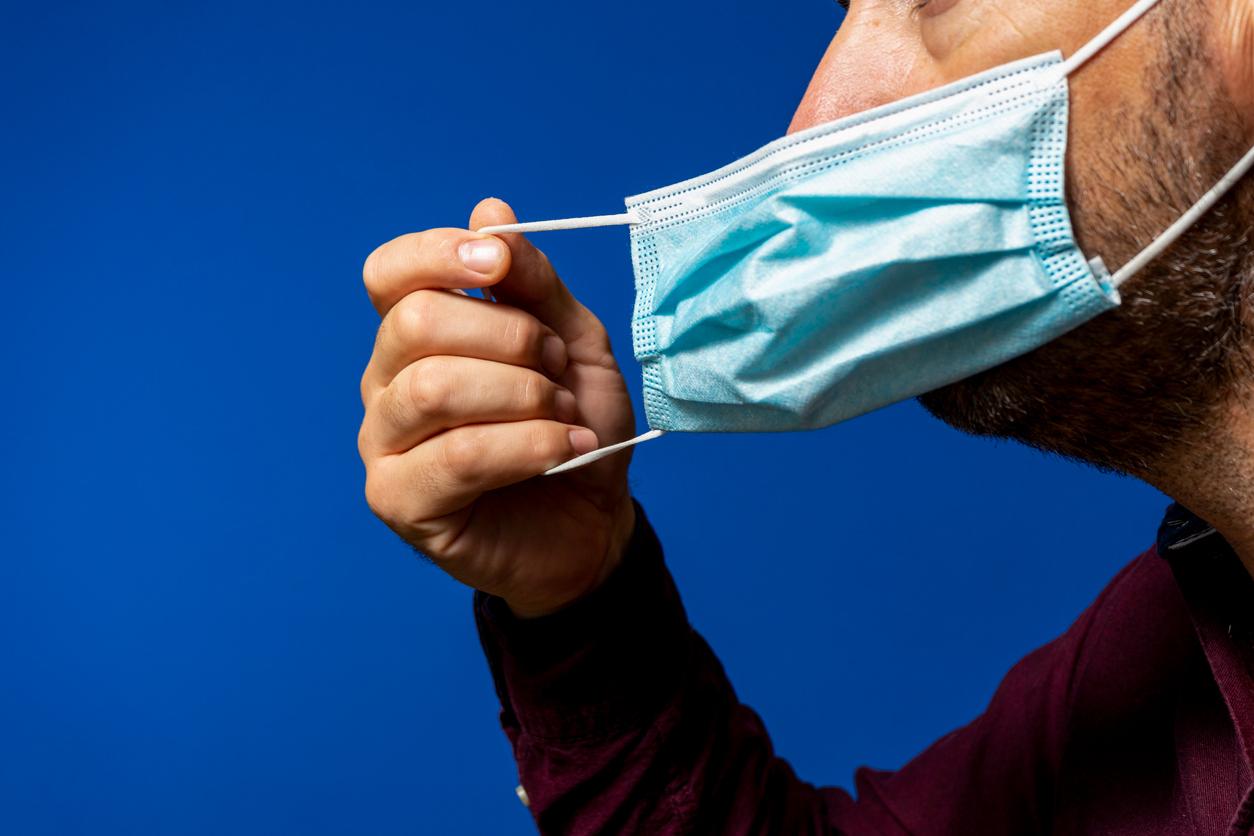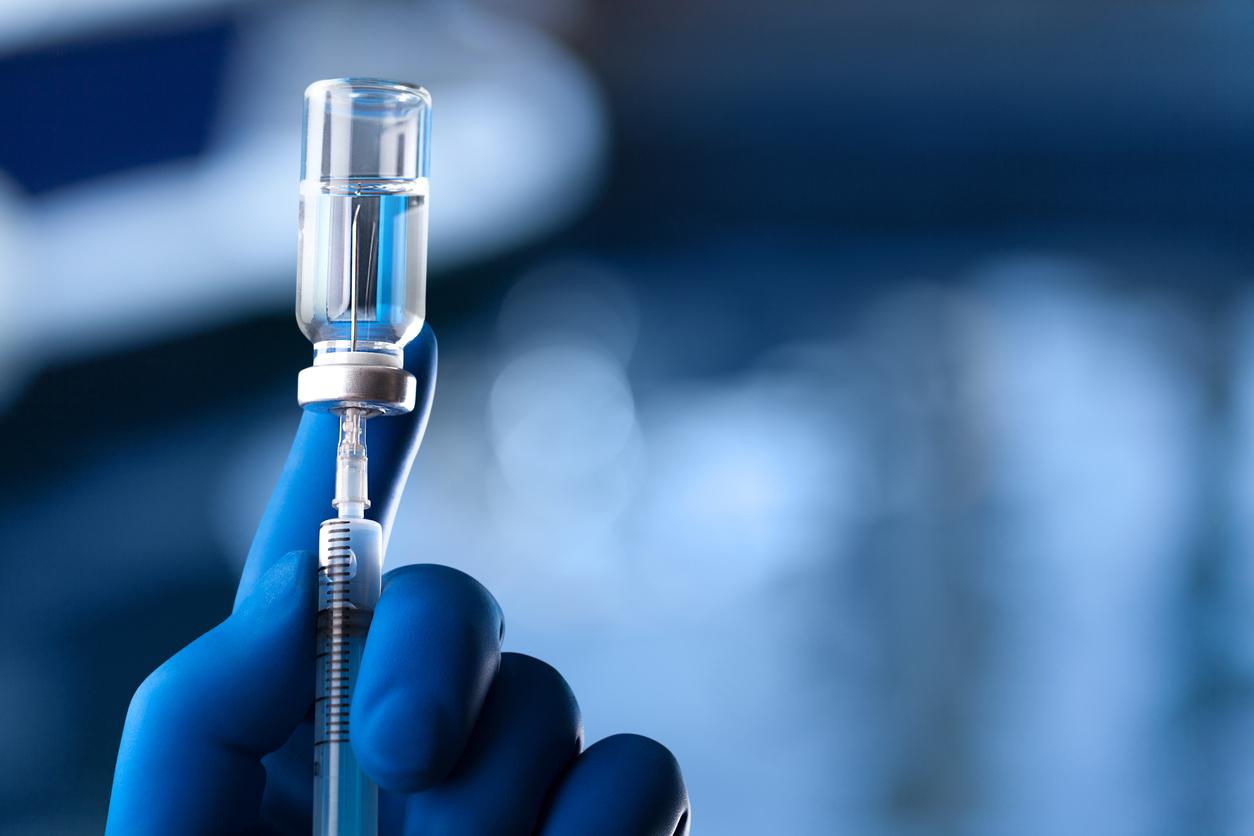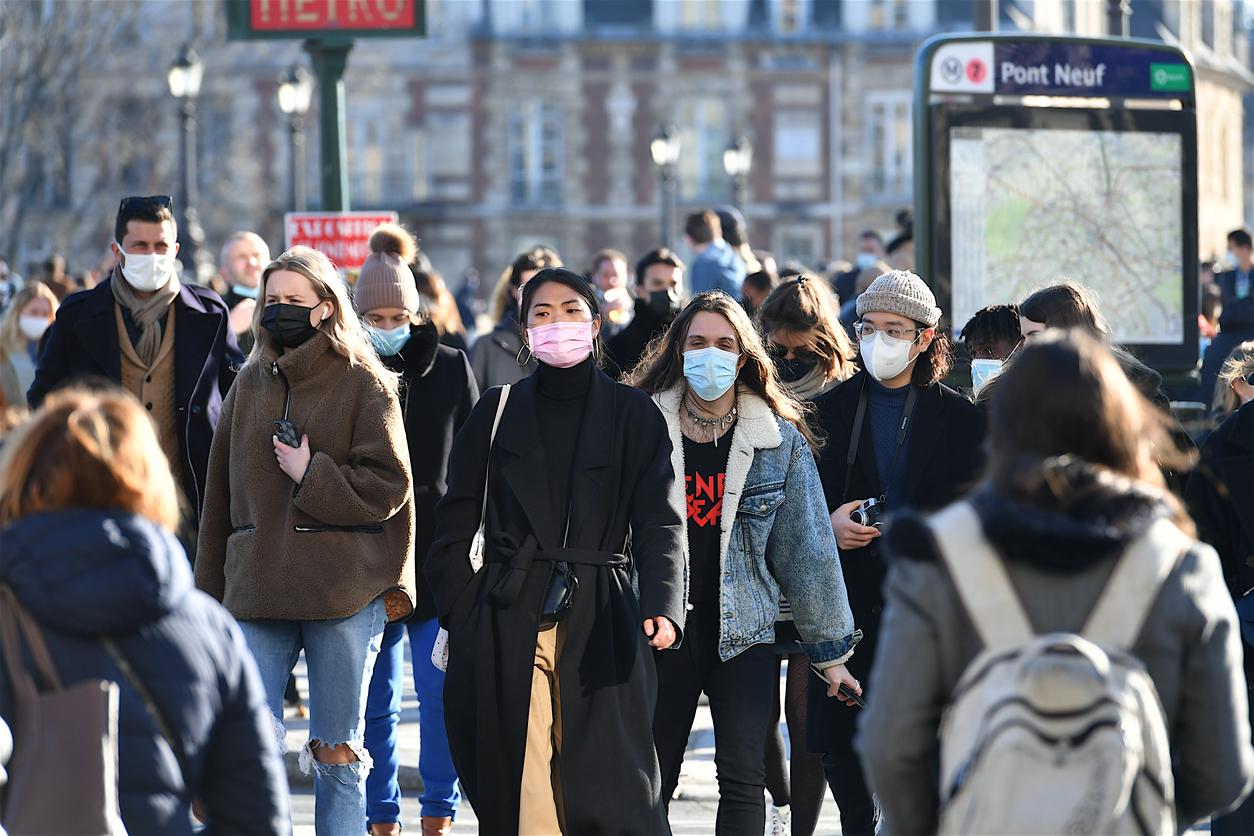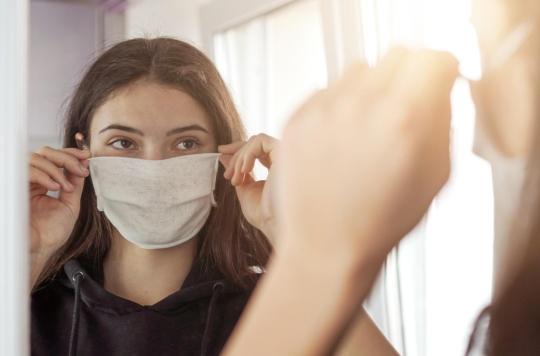Almost two-thirds of the population now suffer from eczema due to more frequent hand washing linked to the Covid-19 pandemic.

- The health crisis has encouraged more frequent hand washing and the use of hydroalcoholic gel to protect against contamination by touch
- A study conducted by Indian researchers finds a very strong increase in cases of hand dermatitis
The Covid-19 epidemic has unexpected consequences: people who have not contracted the virus can also suffer from complications related to the disease. According to a study carried out by researchers from the Father Muller School of Medicine, located in India, two thirds of the population suffer from eczema on their hands due to frequent washing and the use of hydroalcoholic gel. The results were presented at the European Academy of Dermatology and Venereology Symposium 2021.
A common pathology among caregivers and the general population
The study was carried out with 582 people, including 291 health professionals. The researchers analyzed transepidermal water loss, this technique makes it possible to measure the state of the skin barrier. 92.6% of health professionals suffered from hand eczema, while only 3% had it before the epidemic. Of the participants from the general population, 68.7% were also affected by hand eczema, 2.4% said they had already suffered from it at the start of the study. According to the results, this dermatitis was more frequent in women, and in people working in intensive care units. “This research truly shows the impact of increased handwashing and hydroalcoholic gel use on the skin barrier of the hands of healthcare professionals and the general population.”, notes Dr. Monisha Madhumita, one of the authors of this study. She wants to use the same water loss analysis method to develop hand protection measures to prevent the onset of eczema.
What are the different dermatological impacts of Covid-19?
In April 2020, the National Union of Dermatologists-Venereologists (SNDV) reported dermatological manifestations of the virus. In a statement, he reports the appearance of skin lesions, such as outbreaks of hives, frostbite or redness. In October, research from Massachusetts General Hospital shows that people with persistent symptoms of Covid-19 may have skin problems: hives, frostbite or redness. But dermatological lesions are not only linked to infection with Covid-19. Scientists conclude that ‘Covid toes’ – swollen toes covered in purplish or red lesions – may be a sign of natural immunity to Covid-19 virus.

.

















